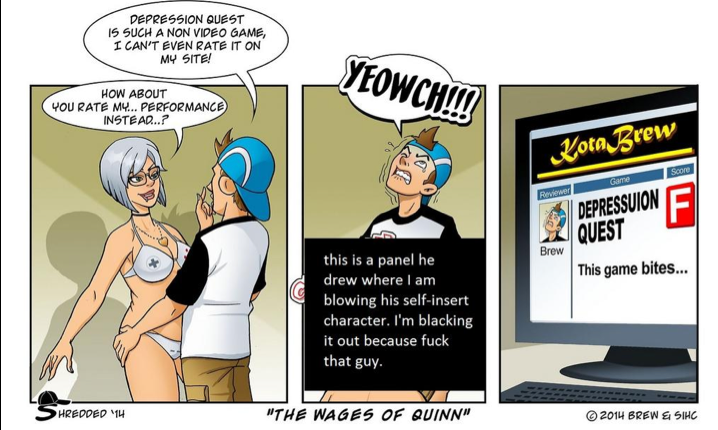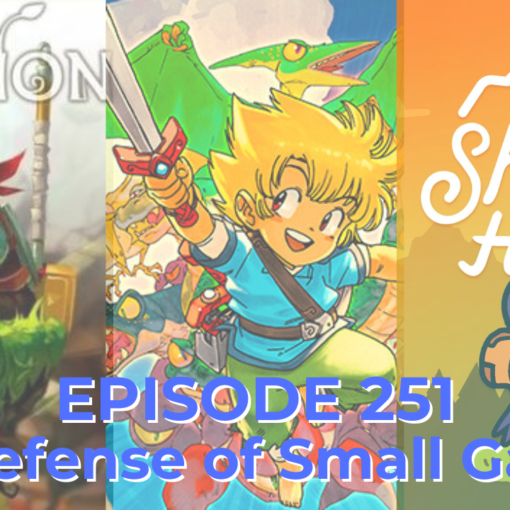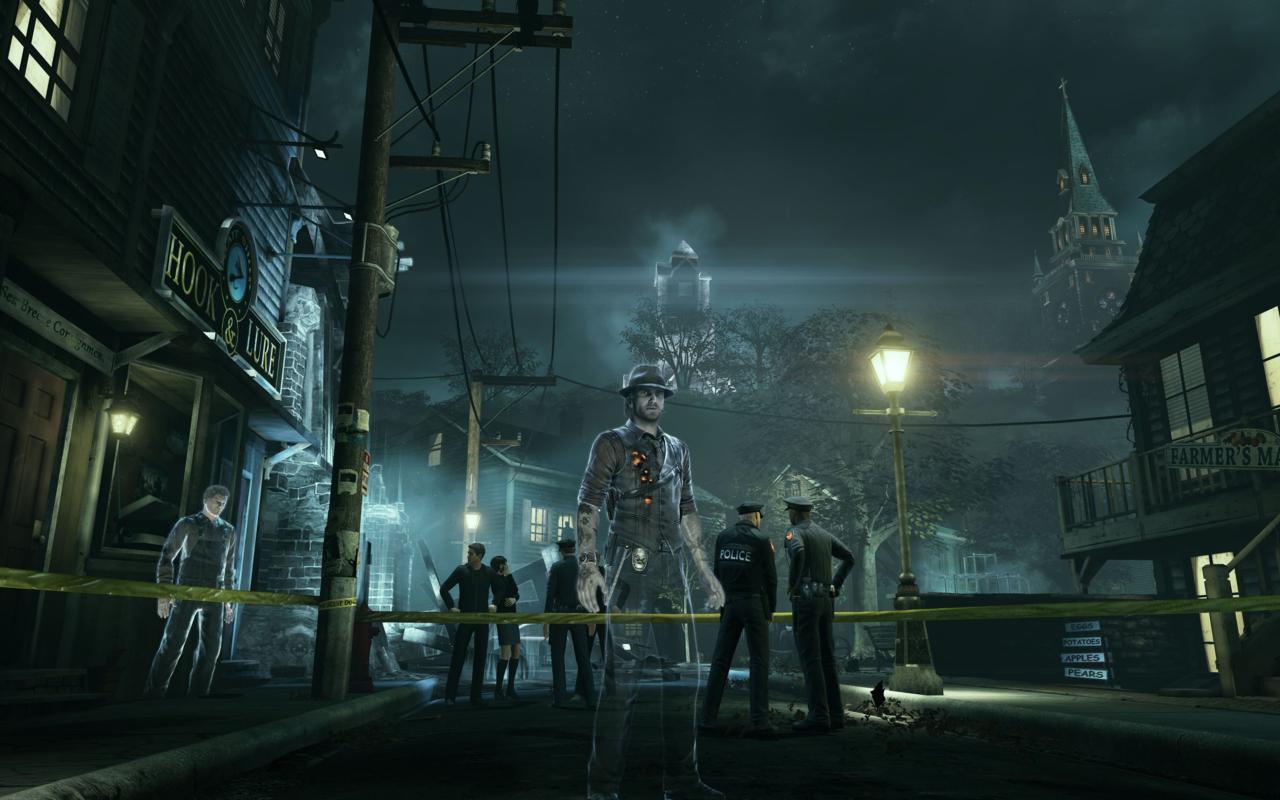The advertisements that appear on the sidebars of Facebook pages are creepy. It’s true for a number of reasons. For instance I’ve heard stories passed around of people – specifically “edgy” looking girls – who have posted pictures on their personal social media pages only to have their faces wind up on ads from everything to dating websites and weight loss products without their permission. But perhaps more unnerving are the ads that aggressively target your interests… or at least what the formulas behind such ad generation assumes are your interests. After I announced my engagement on Facebook I was bombarded by never ending wedding-related ads. Not long after, I got pregnancy and motherhood related ads, along with classes promising me that I could get my GED while being a mother, which I can only assume was generated because of my age (perhaps it neglected to notice my education information). Even creepier was the time I had a discussion with my roommate about some product that escapes my memory, only to have an ad for that very thing appear on my Facebook despite the fact that I never expressed any interest in said product in any virtual way, only verbally to a person sitting right next to me. I think we can all agree Facebook ads are irritating at best, disturbing at worst.
That’s why as I was reading Kotaku’s recent article illuminating one Tumblr user’s recent quest to document gross gaming ads, I started to ponder what role they play in perpetuating the idea that games are for men. The gaming-related ads are by far some of the worst of the worst. If the ad bots catch a whiff of an interest in video games, ads featuring scantily clad virtual women and slogan or description phrases reminiscent of porn websites come flocking to your page. And that’s a shame because it seems now that even automatized computer programs are telling women who real gamers are.
I could write pages on what’s wrong with the images used in these ads themselves. They’re incredibly objectifying for one, a point I’ve written on fairly extensively before. Women with disproportionate breasts pose in sexual ways, many of which violate the  physics of the human body. All are either naked or practically so, including a few girls that are clearly still children, and many wielding sniper rifles. Although these “women” are just virtual, they’re victims of over sexualization, made literal objects under the power of the male gaze. In one particularly disgusting ad, one naked woman is over the shoulder of a man wielding a large gun right in front of his crotch, his other hand planted obviously on her but, drawing images not only of rape but of phallic symbols of power as well.
physics of the human body. All are either naked or practically so, including a few girls that are clearly still children, and many wielding sniper rifles. Although these “women” are just virtual, they’re victims of over sexualization, made literal objects under the power of the male gaze. In one particularly disgusting ad, one naked woman is over the shoulder of a man wielding a large gun right in front of his crotch, his other hand planted obviously on her but, drawing images not only of rape but of phallic symbols of power as well.
In addition most of the descriptions of these games make them sound like they revolve around sexual conquest. With designators like “adults only,” “girls as beautiful as dangerous,” and “males only game,” these games not only seem to imply that they’re sexual in nature (when in fact many aren’t really at all) but that women aren’t allowed. If the imagery isn’t hostile enough towards women, the language certainly makes it clear that these games, if not games in general according to Facebook, are “just for men.”
 All of this amounts to the extenuation of the hostile environment for female gamers that many have become so accustomed to, albeit in a more blatant way. However as Facebook registers users’ interests, statuses, and search terms and generates ads based on these, it is almost as if female gamers are being “punished” for being so out about their gaming interests. These ads invade personal spaces, even subtly at times, to the point where they – and their insidious messages – may become “normalized.” Unfortunately until a change is made the best I can offer is a good AdBlock – at least then we might not have to be confronted with giant breasts and the male gaze every time we log in.
All of this amounts to the extenuation of the hostile environment for female gamers that many have become so accustomed to, albeit in a more blatant way. However as Facebook registers users’ interests, statuses, and search terms and generates ads based on these, it is almost as if female gamers are being “punished” for being so out about their gaming interests. These ads invade personal spaces, even subtly at times, to the point where they – and their insidious messages – may become “normalized.” Unfortunately until a change is made the best I can offer is a good AdBlock – at least then we might not have to be confronted with giant breasts and the male gaze every time we log in.




